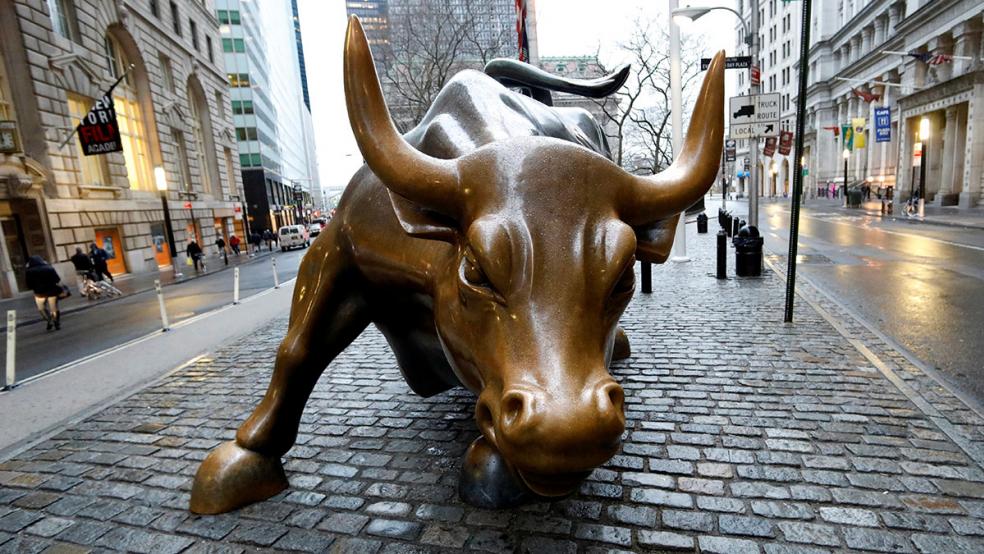At the core of the debate over the economic benefit of slashing corporate tax rates and getting U.S. multinationals to repatriate foreign profits is the question of what companies will do with the money: Will they invest it in ways that create more jobs and higher wages, or will they steer that money into shareholders’ hand through stock buybacks and dividends?
Some details from a new Goldman Sachs note to clients might be relevant to the debate. Strategist David Kostin writes that there’s been a shift in investor preferences over the last year or two: “Despite a long track record of investors rewarding companies returning the most cash to shareholders, recently investors have preferred companies investing for growth.”
Since the start of last year, he adds, a Goldman basket comprised of stocks of companies that spend the most on physical assets and research and development has significantly outgained its group of stocks offering the largest buybacks and dividends (+17% vs. -5%). That represents a shift from the longer-term trend, dating back to 1991, that saw S&P 500 companies spending on dividends and buybacks outgain “capex and R&D spenders” by 1.7 percentage points a year. And Kostin expects companies investing in growth to continue to have the edge. “Investors should continue to reward firms positioning themselves for future growth given a solid but unspectacular economic backdrop,” he writes.
The Goldman report also says that companies in the S&P 500 will spend $2.3 trillion in 2018, up 6 percent from this year, with 57 percent of that total going toward investments in growth and 43 percent returned to shareholders. Tax reform would likely result in some $250 billion being repatriated, and that money would likely be spent in the same proportion as the overall spending pattern, Kostin writes.
Why is this relevant to the tax debate? Well, the economic benefit of any tax holiday for repatriated profit depends on the extent to which the money being brought back is used for investment. And what matters to the market is likely to matter to CEOs as they decide how to spend any cash they bring back from overseas. If they believe that boosting investment will drive their stock prices higher than sitting on cash or returning money to shareholders, they’ll be more likely to pick that path.
Of course, that greater emphasis on investing for growth doesn’t necessarily mean an explosion of new jobs or higher wages. A 2011 study by Senate Democrats of the repatriation tax holiday seven years earlier found that the 15 companies that benefited the most from the tax break went on to cut more than 20,000 jobs over the next few years, and slightly decreased their research spending.





